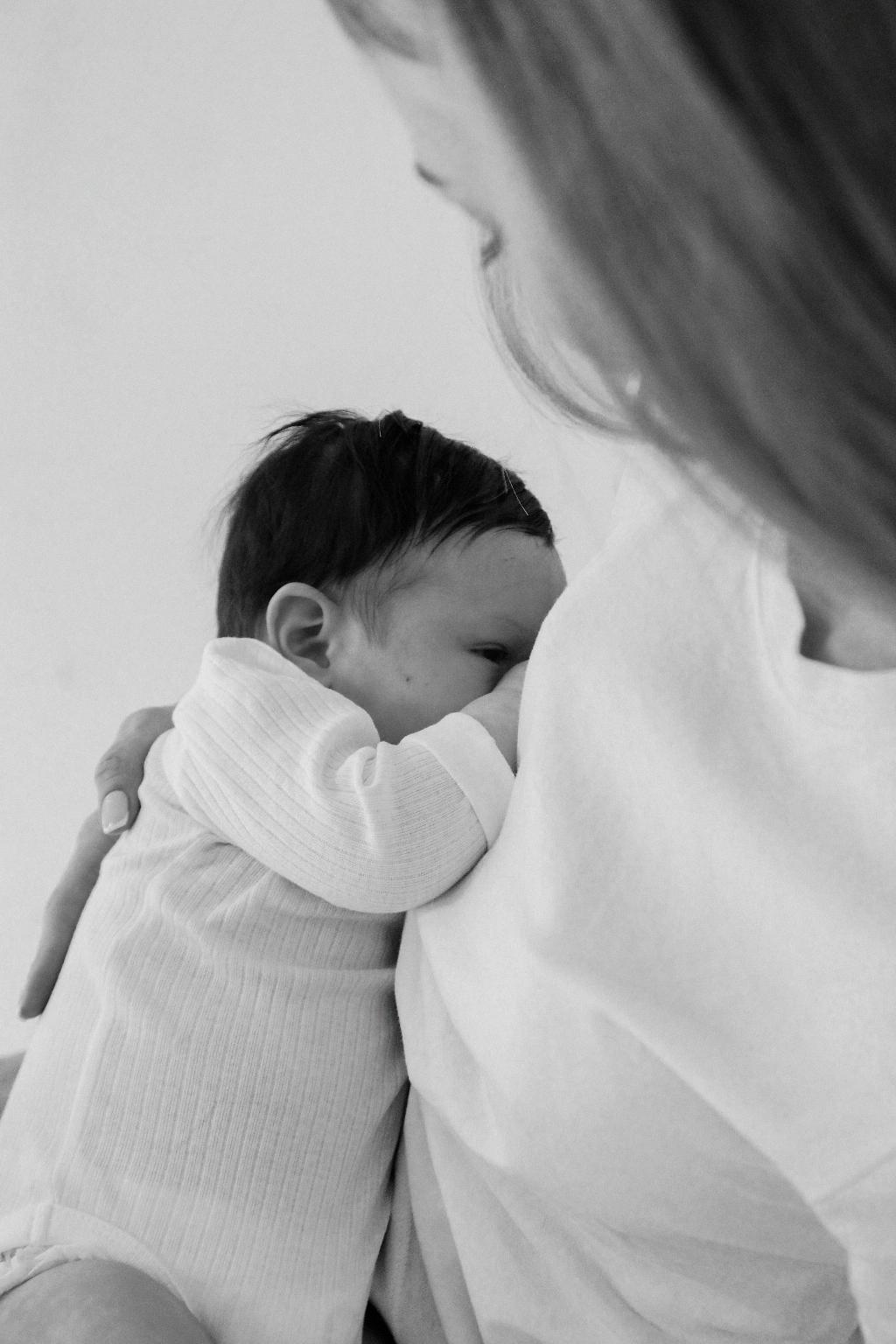When it comes to the intriguing question of whether playing with nipples can cause lactation, it’s essential to delve into the complex interplay of physiological factors that govern the human body. While nipple stimulation is commonly associated with sexual arousal and pleasure, its potential effects on lactation are a subject of interest and curiosity.
The Role of Nipple Stimulation in Milk Production
Nipple stimulation is known to trigger the release of oxytocin, a hormone that plays a crucial role in milk ejection during breastfeeding. The act of suckling by a baby stimulates the nerves in the mother’s nipple, signaling the brain to release oxytocin, which causes the muscles around the milk-producing glands to contract and expel milk.
Galactorrhea: Understanding Abnormal Lactation
In cases where lactation occurs outside of typical breastfeeding scenarios, a condition known as galactorrhea may be present. Galactorrhea refers to the spontaneous flow of milk from the breasts unrelated to pregnancy or nursing. This phenomenon can be triggered by a variety of factors, including hormonal imbalances, medication side effects, or excessive breast stimulation.
Factors Contributing to Galactorrhea
One common cause of galactorrhea is the overproduction of prolactin, the hormone responsible for stimulating milk production. Elevated prolactin levels can result from conditions such as pituitary gland disorders, hypothyroidism, or the chronic use of certain medications.
The Impact of Nipple Stimulation on Prolactin Levels
It is theorized that intense or prolonged nipple stimulation, particularly in non-pregnant individuals, may lead to the release of prolactin and subsequent milk production, contributing to galactorrhea. While research on this topic is limited, anecdotal evidence suggests that some individuals have experienced lactation as a result of nipple stimulation.
Individual Variability in Response to Nipple Stimulation
It is crucial to recognize that the response to nipple stimulation can vary significantly among individuals. While some may experience heightened sensitivity and hormonal changes leading to lactation, others may not exhibit the same physiological response even with similar levels of stimulation.
Exploring Cultural and Erotic Perspectives on Nipple Stimulation
Beyond the physiological considerations, nipple stimulation holds cultural and erotic significance in many societies. The act of stimulating the nipples is deeply intertwined with notions of pleasure, intimacy, and sexual expression, adding a layer of complexity to its potential effects on lactation.
Medical Considerations for Abnormal Lactation
If an individual experiences unexpected or persistent lactation unrelated to pregnancy or breastfeeding, it is advisable to consult a healthcare provider for a comprehensive evaluation. Addressing the underlying cause of galactorrhea is essential to ensure proper management and potential treatment options.
Conclusion: Nipple Stimulation and Lactation
In conclusion, while playing with nipples has the potential to stimulate the release of prolactin and contribute to lactation, the effects vary greatly among individuals. Understanding the intricate relationship between nipple stimulation, hormone levels, and galactorrhea is key to grasping the complexities of this phenomenon.

